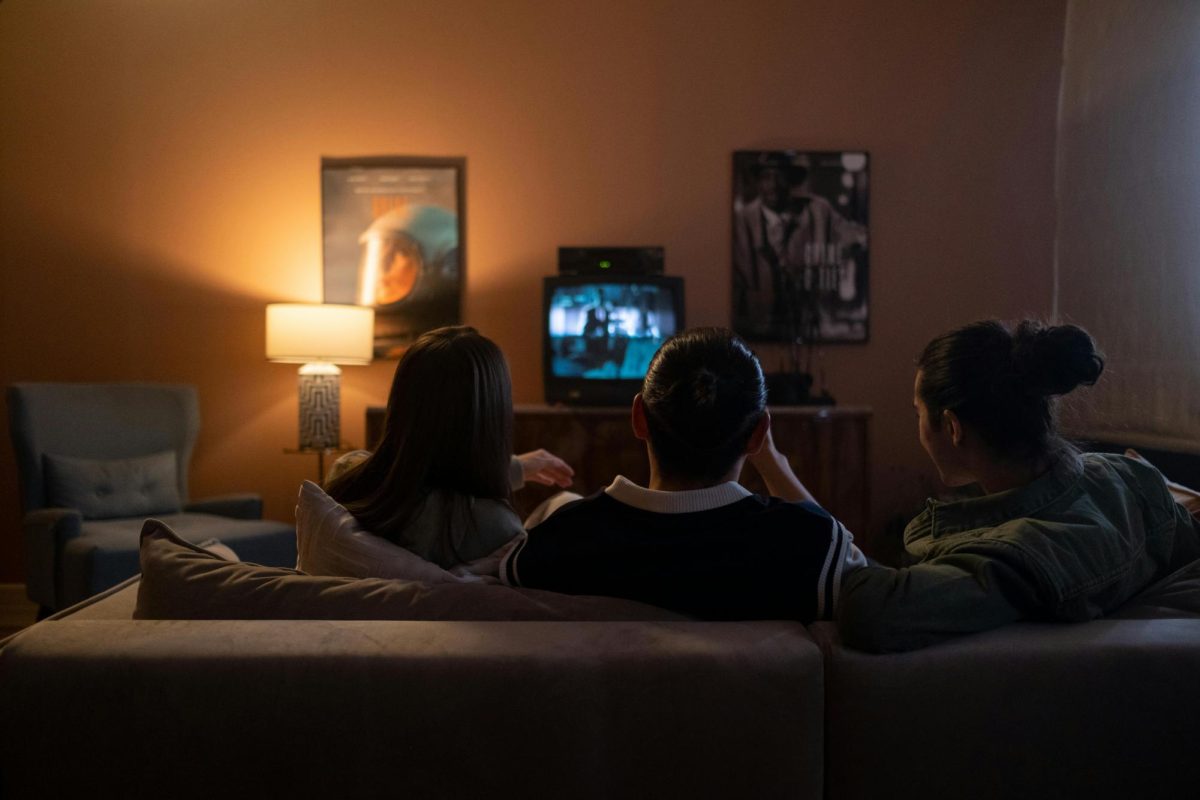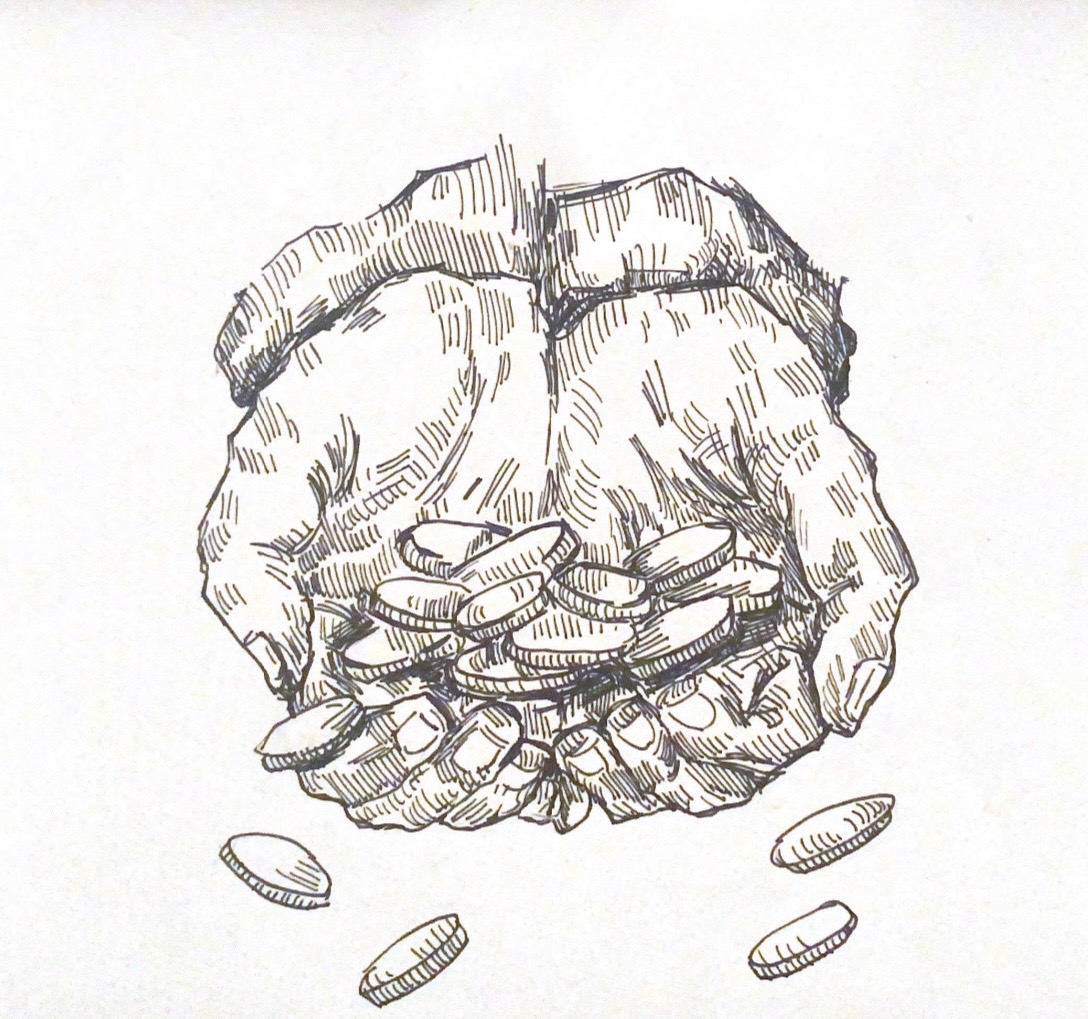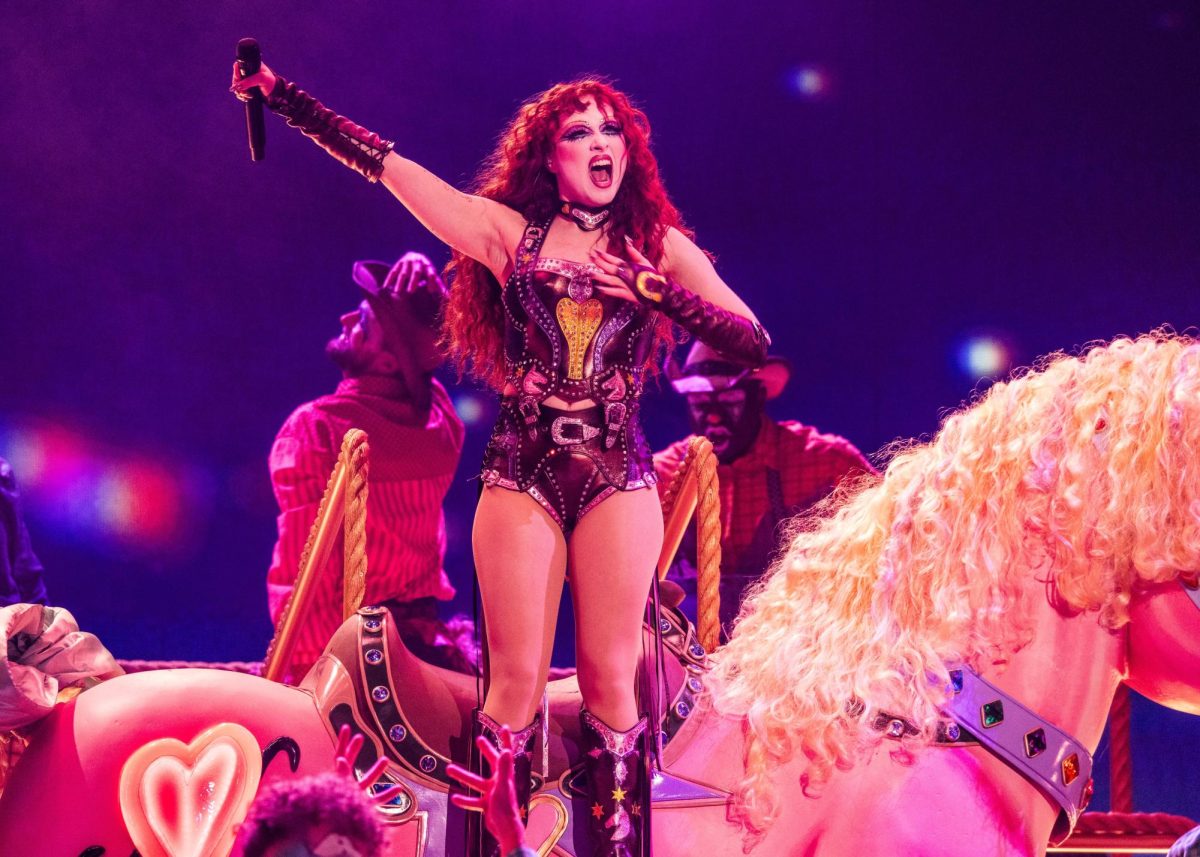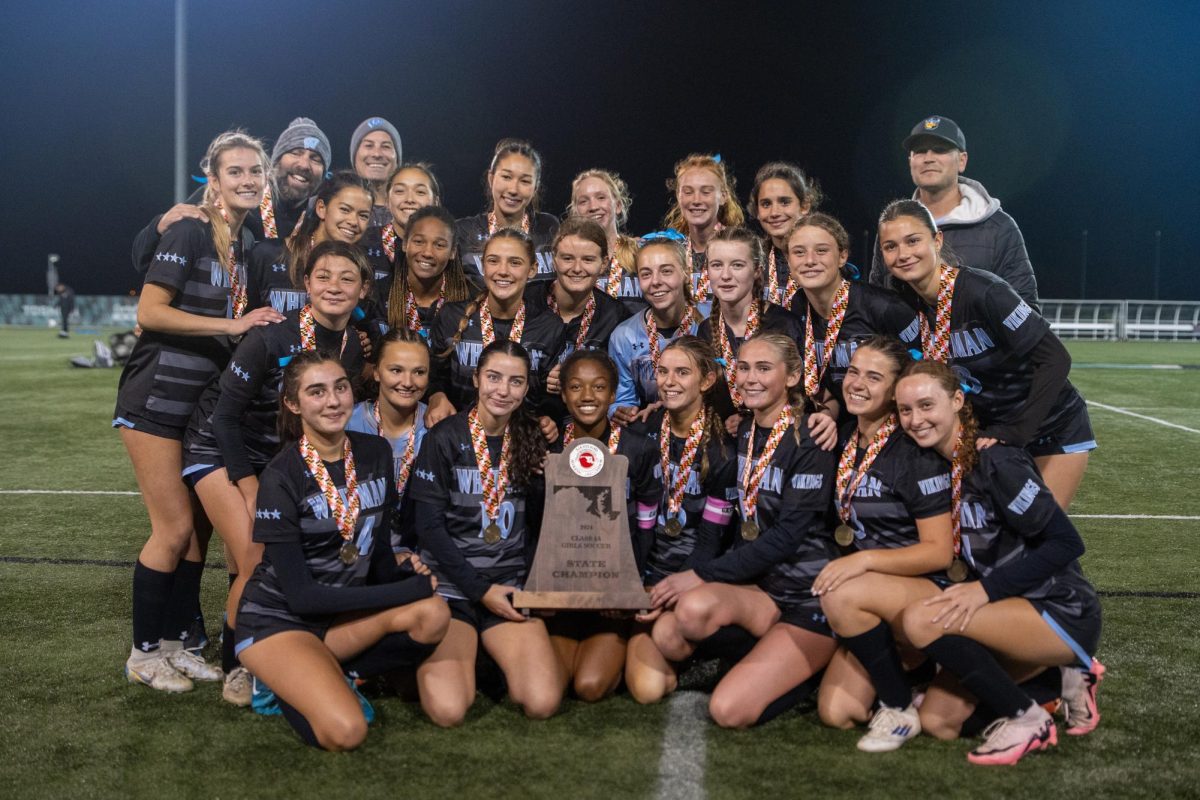Television producers generally leave national issues, like politics and the economic crisis to dryer programs with talking heads and experienced journalists. Reality TV, on the other hand, serves almost exclusively as lighter entertainment, with shows like “Jersey Shore” and “Real Housewives.” But one new reality show is trying to blend both entertainment and hard-hitting themes, defying the typical reality TV format.
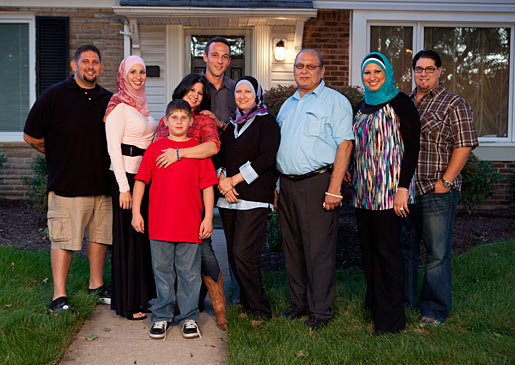
“All-American Muslim,” which premiered Nov. 13 on TLC, addresses the prejudices and stereotypes against a growing group of Americans in a format that strives to both entertain and challenge viewers. Reality TV should look to “All-American Muslim” as an example of how to delve into social issues deeper than the trials and tribulations of the Kardashians.
The new series follows five Muslim families in Dearborn, Mich., a city with one of the most concentrated Islamic populations in the U.S. “All-American Muslim” offers a glimpse into a world rarely explored by reality TV by examining cultural assimilation and discrimination.
“All-American Muslim” has generated considerable controversy, which makes television that dispels prejudice and stereotypes all the more important. The American retail store Lowe’s recently pulled its ads from the show following a complaint from the Florida Family Association that the series is “propaganda that riskily hides the Islamic agenda’s clear and present danger to American liberties and traditional values,” according to the Washington Post. The traction the group gained with one of the largest chain stores in the U.S. points to an alarming and falsely-constructed perception of Islamic culture. The need to address prejudice against Muslims in any setting, reality TV or otherwise, is crucial to curing the American public’s discriminatory disorder.
Reality TV producers should work to dispel societal stereotypes, not reaffirm them. By showcasing the diversity within Islamic-American culture, “All-American Muslim” accomplishes the former. The five families in the show have lifestyles, jobs and religious practices that sharply contrast with recent portrayals of Muslims (like Glenn Beck’s 2010 estimation that 10 percent of Muslims in the world, or 157 million people, are terrorists). Nina Bazzy is a nightclub owner, Mike Jaafar a deputy sheriff, and Fouad Zaban a football coach – what could be more American than that? The show forces viewers to question their prejudices and consider the values they share with Muslim Americans rather than focusing on the differences.
“All-American Muslim” is also unique because it doesn’t skew its characters for entertainment purposes. Muslim American author Wajahat Ali said in an NPR interview that he found the show “refreshingly bland.” Ali applauded the show for avoiding the sensationalist trap so many reality TV shows fall into and informing the public about the rising Muslim population in the U.S.
“It’s nice to see a show where Muslims aren’t terrorists, taxi cab drivers or potential terrorists,” Ali said on Talk of the Nation. “They’re just people.”
Reality TV with a message should portray characters who are “just people” doing everyday things as they navigate their lives while staying true to their background and beliefs. Senior Maryam Saade, who is Muslim, said that Muslim Americans are like every other citizen, an idea that should be reflected more in American entertainment.
“People in the U.S. make Muslims into such a strange and kind of mysterious thing,” Saade said. “But, besides very few differences in religious practices, we’re not very different from any typical American.”
Viewers often seek out reality TV because of its mindlessness and shallowness. This brand of television can and should continue to run, so long as the consumer demands it. But I would like to see more shows like “All-American Muslim” that combine both entertainment and real-world significance.





